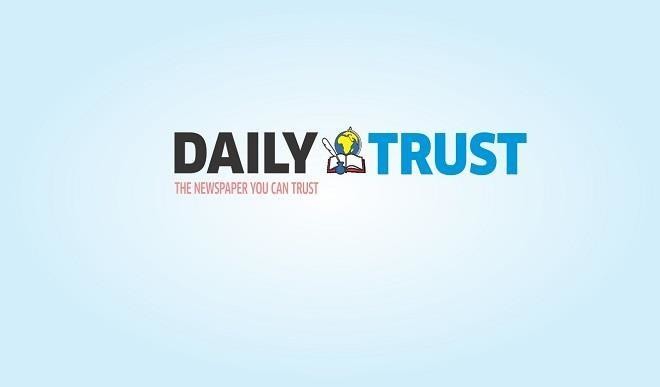300,000 flee resurgence of ethnic violence in north-eastern DR Congo — UNHCR
Resurgent inter-ethnic violence in north-east Democratic Republic of the Congo (DRC) has displaced no fewer than 300,000 people this month alone. Spokesman of the United Nations High Commissioner for Refugees (UNHCR), Babar Baloch, stated this while briefing newsmen in Geneva on Tuesday, the UN said on its website. Citing multiple attacks and counter-attacks between Hema […]

Resurgent inter-ethnic violence in north-east Democratic Republic of the Congo (DRC) has displaced no fewer than 300,000 people this month alone.
Spokesman of the United Nations High Commissioner for Refugees (UNHCR), Babar Baloch, stated this while briefing newsmen in Geneva on Tuesday, the UN said on its website.
Citing multiple attacks and counter-attacks between Hema herders and Lendu farmers, Baloch said the situation had worsened in recent days.
The development comes amid reports of intense fighting between the Congolese armed forces (FARDC) and non-state armed actors in Djugu territory.
This is as the authorities attempt to bring the situation under control in the vast, resource-rich region, the UN said.
“People are fleeing attacks and counter attacks in Djugu Territory, with reports of both communities forming self-defence groups and being involved in revenge killings.
“The details we are receiving from our partners, and also some of the displaced include reports of brutalities against civilians, killings, sexual violence, and other extreme forms of violence against civilians”, Baloch was quoted as saying.
He noted that the UNHCR’s warning is based on information received from sources in 125 locations.
Three of Ituri’s five administrative territories – Djugu, Mahagi and Irumu – have all seen mass displacement after self-defence militia reportedly carried out “revenge killings”, according to the UNHCR.
In response to fears that the situation could escalate further, the UN peacekeeping mission in DRC has set up three temporary military bases in Djugu and Mahagi.
The statement said teams had also been deployed to assess the situation and engage with communities and the authorities to help prevent more attacks.
Meanwhile, the World Health Organisation (WHO), through its spokesperson, Tarik Jasarevic, has said the mass displacement risked complicating efforts to tackle the ongoing Ebola virus disease outbreak in north-eastern DRC.
Jasarevic, who was responding to a journalist’s question on the subject, said that the “mobility” of people in Ituri and neighbouring North Kivu was a “risk factor”.
“Every time you have people moving in high numbers, it is more complicated to work on follow-ups such as contact-tracing.
“These are follow-ups on people basically who are supposed to be observed on a daily basis, or for 21 days (the incubation period for the disease)”, he said.
So far, DRC’s latest Ebola outbreak has claimed 1,449 lives and infected 2,168 people since it was declared on Aug. 1, 2019, according to him.(NAN)
